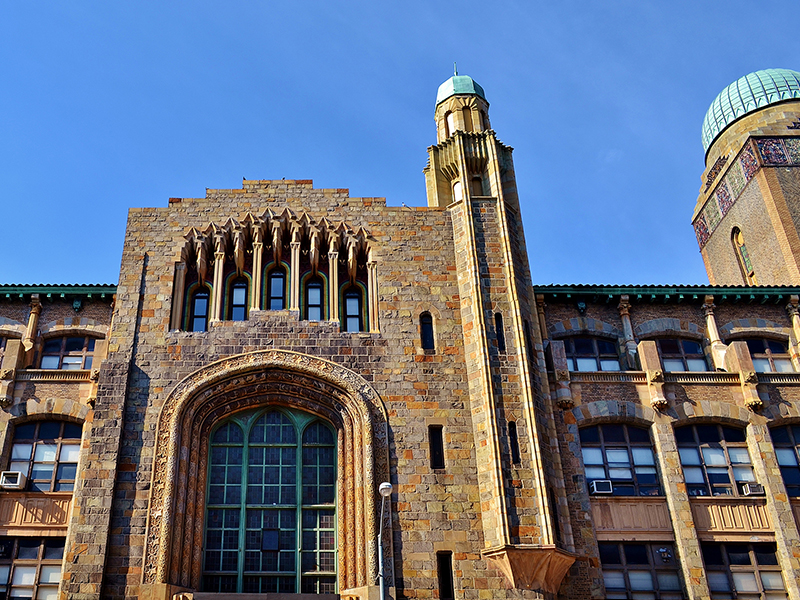(RNS) — A survey of Modern Orthodox rabbis in the U.S. and Canada finds their synagogues offer skimpy or barebones benefit packages.
The survey, a first of its kind, was sent to 1,000 rabbis affiliated with the Rabbinical Council of America, a group of Orthodox rabbis that adheres strictly to Jewish law while engaging with the broader world. The survey did not include rabbis in the so-called “haredi” ultra-Orthodox Jewish community.
Of the 265 rabbis who responded, the survey found the median 2017 salary for all rabbis was $90,000. Full-time rabbis earned considerably more, a median of $134,000.
But half of the rabbis surveyed do not receive health benefits from their employer, with many opting for coverage under their wives’ plans. (Modern Orthodox generally do not ordain women and many rabbis’ wives have their own careers.)
About 70 percent of rabbis do not receive any life or disability insurance from synagogues that employ them.
“The part I’m most concerned with was the rabbis’ benefits,” said Ronald Schwarzberg, director of Jewish Career Guidance and Placement at Yeshiva University’s Center for the Jewish Future, which commissioned the survey. “We need to educate the rabbi and the congregation to the importance of benefits: life insurance, disability insurance, saving for retirement, increasing professional development.”
In the Modern Orthodox orbit, rabbis do not get group health insurance, disability or life insurance through the larger rabbinical organization, so the burden of providing benefits falls to individual congregations, Schwarzberg said.
Reform Jewish rabbis, by comparison, earn more. The median salary for senior or solo Reform rabbis ranged from $106,000 to $281,000, depending on the size of the congregation, according to a 2016-17 analysis.
The Reform movement makes up the largest slice of American Jewry, while the Orthodox, including the Modern Orthodox, account for about 10 percent of American Jews.
Modern Orthodox synagogues are typically smaller in size, mostly because the typical congregant doesn’t drive on the Sabbath, meaning they must live within walking distance to the synagogue. Smaller congregations can’t always afford a full-time rabbi, so the movement has more part-time rabbis.
Schwarzberg said the survey, conducted between May and August 2017, suggests Modern Orthodox congregations should do a better job of providing benefits to their rabbis and helping them prepare for retirement.
“Young idealistic people who want to go into this field need the assurance that not only will they make a livelihood, but they’ll be prepared to retire,” he said. “It’s extremely important for the future of a strong, committed American Orthodox rabbinate that we work on retirement funding as well as other benefits.”
A majority of rabbis in the study (164) received their rabbinic ordination from Rabbi Isaac Elchanan Theological Seminary, an affiliate of Yeshiva University — the flagship institution of Modern Orthodoxy. The second largest group received their ordination from Ner Israel Rabbinical College in Pikesville, Md., (19) followed by Yeshiva Chovevei Torah in New York City (17).





